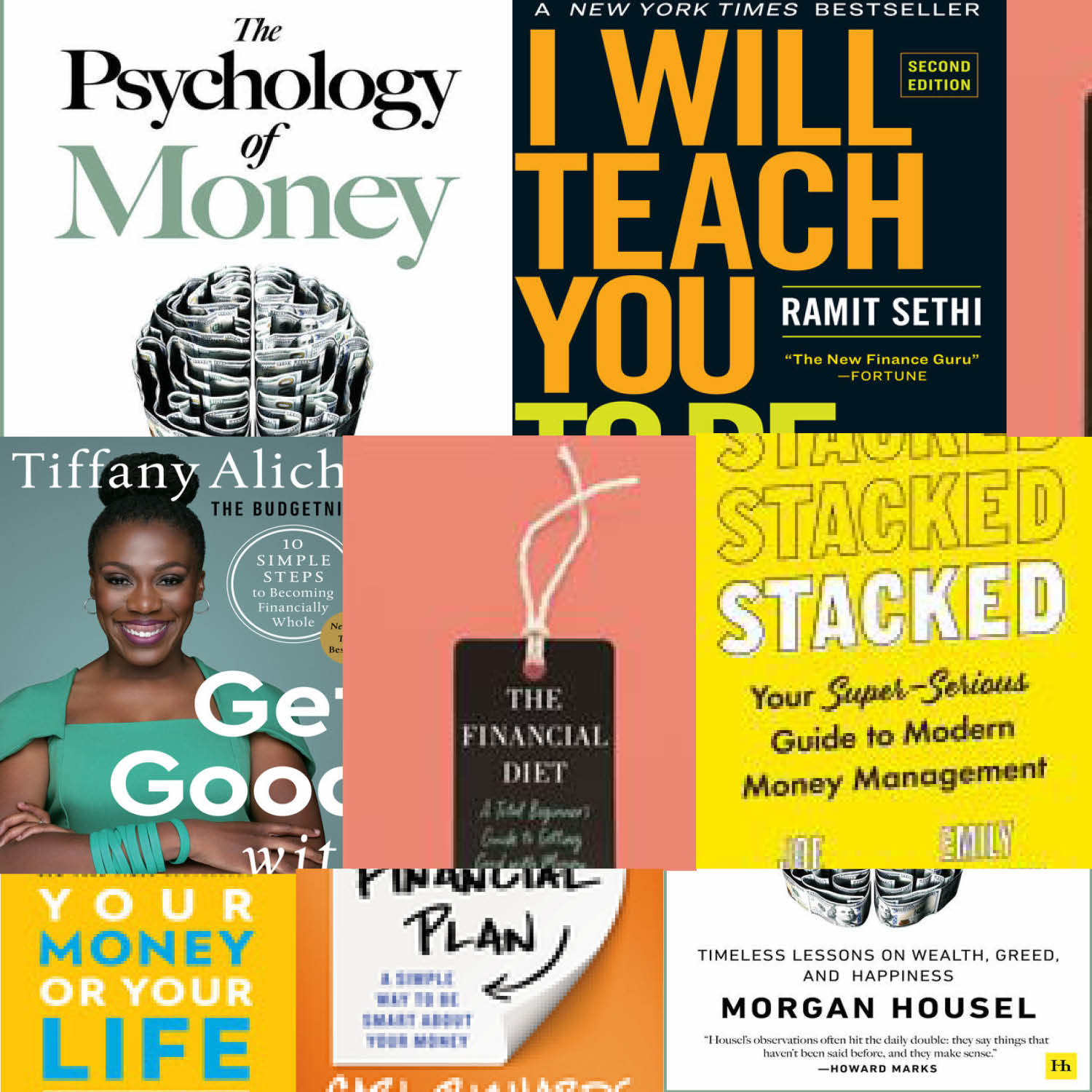Invest in yourself this October
 Processing Request
Processing Request
by Emilyn Linden
A couple years ago I started to get serious about financial planning and making sure my family’s finances were in order. I was like a lot of young people and sort of ignored our finances for a long time other than making sure we had enough money to pay our bills and had some money set aside for emergencies. Then I started seeing news articles about the F.I.R.E movement (Financial Independence, Retire Early). I don’t know that I’ll retire early, but being financially independent holds a real appeal. It gives a person choices about how they spend their time and energy.
There are a ton of great books and other resources out there if you’re interested in increasing your knowledge about financial planning. I recommend taking it slow because there is A LOT of information out there and it’s totally overwhelming if you’re building your knowledge and plan from the ground up. Don’t beat yourself up if you don’t get it right away. And there’s a reason there are so many financial educators and communicators out there. Some will explain things in a way that makes sense to you and some won’t. So if you pick up a book and you don’t like it, return it and get a different one!
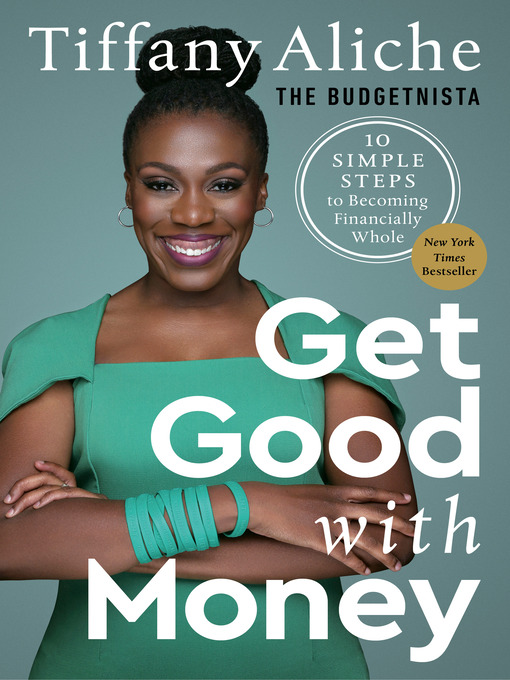 Get Good with Money by Tiffany Aliche - Aliche focuses on the basics to set yourself up for long-term success. She has you covered from budgeting to fixing your credit score.
Get Good with Money by Tiffany Aliche - Aliche focuses on the basics to set yourself up for long-term success. She has you covered from budgeting to fixing your credit score.
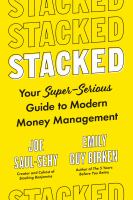 Stacked by Joe Saul-Sehy and Emily Guy Birken - Try Stacked if you’re looking for a little humor to make financial planning a little less painful. This book came out recently so it touches on a lot of the financial pain and uncertainty people have been experiencing over the last couple years.
Stacked by Joe Saul-Sehy and Emily Guy Birken - Try Stacked if you’re looking for a little humor to make financial planning a little less painful. This book came out recently so it touches on a lot of the financial pain and uncertainty people have been experiencing over the last couple years.
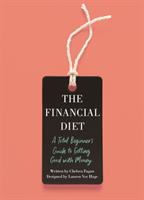 The Financial Diet by Chelsea Fagan - Many financial educators are passionate about financial education because they made money mistakes. Fagan is no different and uses her experience getting her mess together to help other Millennials get their mess together.
The Financial Diet by Chelsea Fagan - Many financial educators are passionate about financial education because they made money mistakes. Fagan is no different and uses her experience getting her mess together to help other Millennials get their mess together.
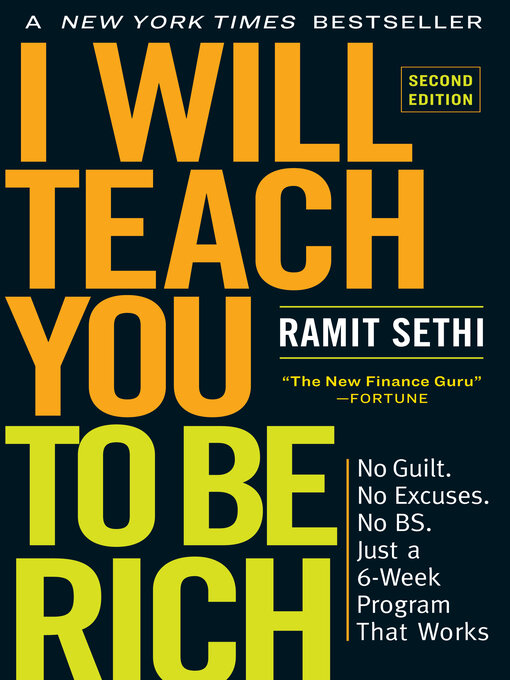 I Will Teach You to Be Rich by Ramit Sethi - This one focuses on automating everything so your financial life can run on autopilot. It can be quite a bit of work up front, but then you can (mostly) let things run in the background.
I Will Teach You to Be Rich by Ramit Sethi - This one focuses on automating everything so your financial life can run on autopilot. It can be quite a bit of work up front, but then you can (mostly) let things run in the background.
 The One-Page Financial Plan by Carl Richards - Richards starts out making sure you have awareness of your finances. Why are you creating a budget? What do you want your money to do for you? And then takes it from there.
The One-Page Financial Plan by Carl Richards - Richards starts out making sure you have awareness of your finances. Why are you creating a budget? What do you want your money to do for you? And then takes it from there.
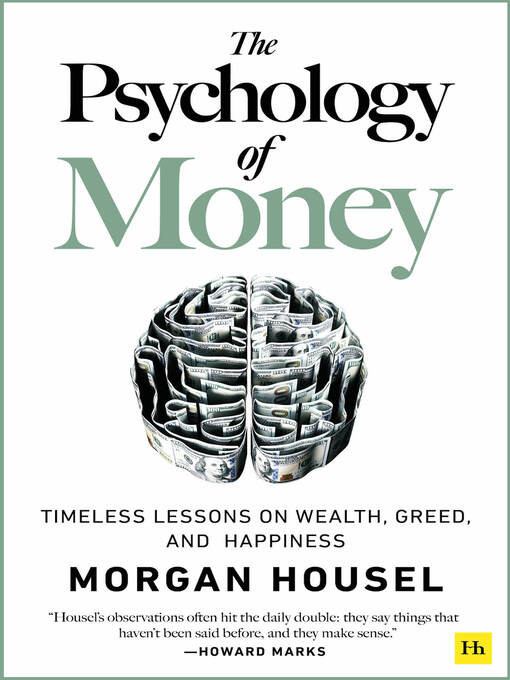 The Psychology of Money by Morgan Housel - Not a beginning personal finance book per se, but an interesting book to learn about where and why we go wrong in thinking about and managing money.
The Psychology of Money by Morgan Housel - Not a beginning personal finance book per se, but an interesting book to learn about where and why we go wrong in thinking about and managing money.
 Your Money or Your Life by Vicky Robin, Joseph Dominguez and Monique Tilford - This one can get more complicated, but I think it does a great job of talking about WHY we save and how it can benefit people emotionally and even morally to reach financial independence. Just skip the involved exercises if they’re not how you want to figure out your plan (I did).
Your Money or Your Life by Vicky Robin, Joseph Dominguez and Monique Tilford - This one can get more complicated, but I think it does a great job of talking about WHY we save and how it can benefit people emotionally and even morally to reach financial independence. Just skip the involved exercises if they’re not how you want to figure out your plan (I did).
Emilyn Linden is a librarian in the FDL Public Library Information and Outreach Services department.

